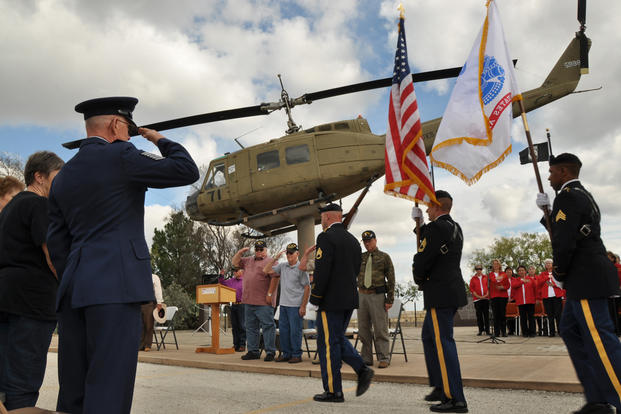As someone who's spent her career in the field of impression management and branding, I can say with all confidence that your misperceptions, implicit biases, and misconceptions about veterans as viable employees are preventing you from enlisting a unique and valuable workforce. It is human nature to judge and decide whether something or someone is appealing, compelling, relevant, or attractive to us. Where your perceptions become detrimental is if they limit your actions towards meeting the needs and goals of your business and the audiences you serve. In the case of hiring military veterans, many civilian employers experience implicit biases that can be cleared up with some information.
Do you perceive veterans as:
- All suffering from PTSD?
- Only interested in leadership positions?
- Overly aggressive?
- Not able to think for themselves?
- Not creative?
If so, you could be missing out on one of the most talented, skilled, loyal, and hard-working workforces our nation has ever seen.
Breaking Down the Misconceptions
Let's look at each of these perceptions:
PTSD
Post-Traumatic Stress Disorder is defined as "… a mental health problem that some people develop after experiencing or witnessing a life-threatening event, like combat, a natural disaster, a car accident, or sexual assault." In fact, PTSD is a human condition, not a military condition. Symptoms of PTSD include avoiding situations that remind you of the event, depression, or irritability. Like any medical condition, treatment is key and veterans are constantly encouraged to seek treatment if they suspect they are impacted. The number of military veterans working through PTSD is relatively small: 11-20 percent of those who served in Operations Iraqi Freedom and Enduring Freedom (Post 911 veterans), and about 12 percent of Gulf War veterans deal with PTSD and related issues.
Veterans Only Want Leadership Positions
One could assume that any individual leaving a position of leadership and responsibility would want to maintain their status, standing, and pay grade. For military veterans transitioning to civilian careers, this is no different.
Veterans are trained to lead, direct, strategize, and prioritize in mission-critical, high-stress situations. This makes them exceptional decision makers, leaders, managers, and directors. It is important to remember however, that just like civilian professionals, just because someone served in a leadership position in the military does not mean they necessarily want the same level of stress, accountability, and visibility in their civilian career. I have spoken to many retiring senior military officers who expressed a desire to work a post-military career that did not include leadership. "I just want a job where I can contribute, add value and go home to my family unstressed every night," they've told me. Assuming all military leaders want positions of high responsibility is a misconception.
Overly Aggressive
Movies and television often portray military service members as aggressive -- yelling orders and obscenities into their subordinate's face, and treating missions and raids as glorified and violent exercises. While military service is stressful and requires levels of emotional stoicism, those qualities do not necessarily come with the veteran after separation. Many veterans have learned to successfully compartmentalize their military work from their civilian career, recognizing the need to be collaborative, patient, and empathetic with their civilian counterparts.
Not Independent Thinkers
The military structure is structured to leverage the training and best practices service members must rely on to successfully carry out their mission and ensure the safety of themselves and their troops. There is a great emphasis on rules, protocol, strategy, and preparation in all levels of military service, and veterans of all rank and duty, are accustomed to this as part of the military culture.
When leaving the military, however, veterans are typically excited and challenged by the amount of choice and freedom they should direct and manage their career, choose their work and build their live outside of the structured military culture. While they might not be accustomed to all the choices available, they embrace the opportunity to align their individual preferences and choices with their career.
Not Creative
Some of the most imaginative, expressive, and entrepreneurial people I've met are veterans. Some have taken a vision and build a successful company from nothing, collaborating with organizations, colleagues and other veterans around the world. Others have expressed their experience and pain through meaningful works of art, writing and theatre. Veterans might have experienced a culture and narrative that is foreign to civilians, but many use their ability to think beyond boundaries and work across cultural narratives to express themselves creatively, eloquently, and with compassion.
I encourage employers to consider the candidate sitting in front of you first as a human being, second as a viable job candidate, and third as a veteran. When we can offer our former military service members the opportunity to compete for jobs by leaving implicit biases and misconceptions behind, our workforce strengthens, for all.





